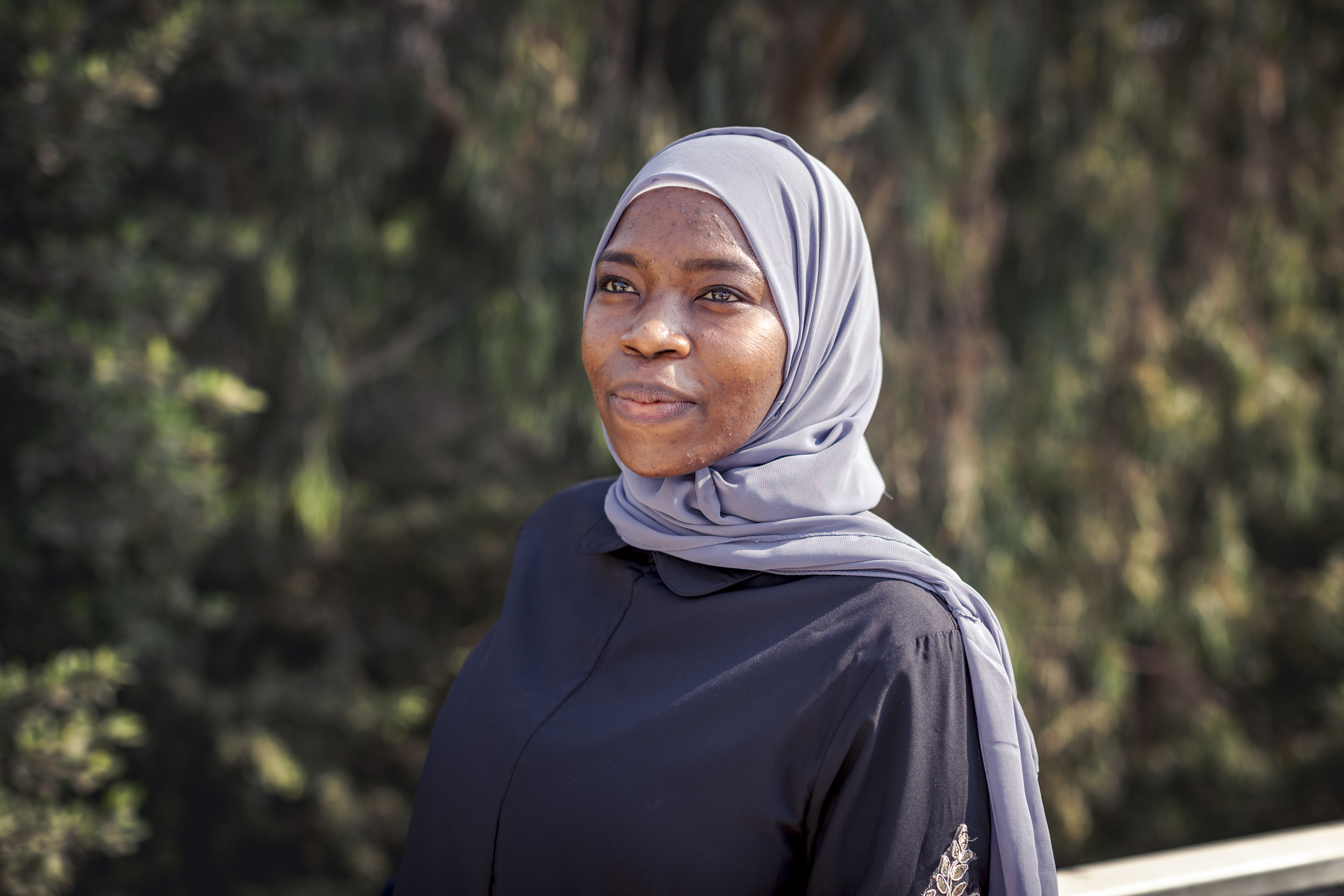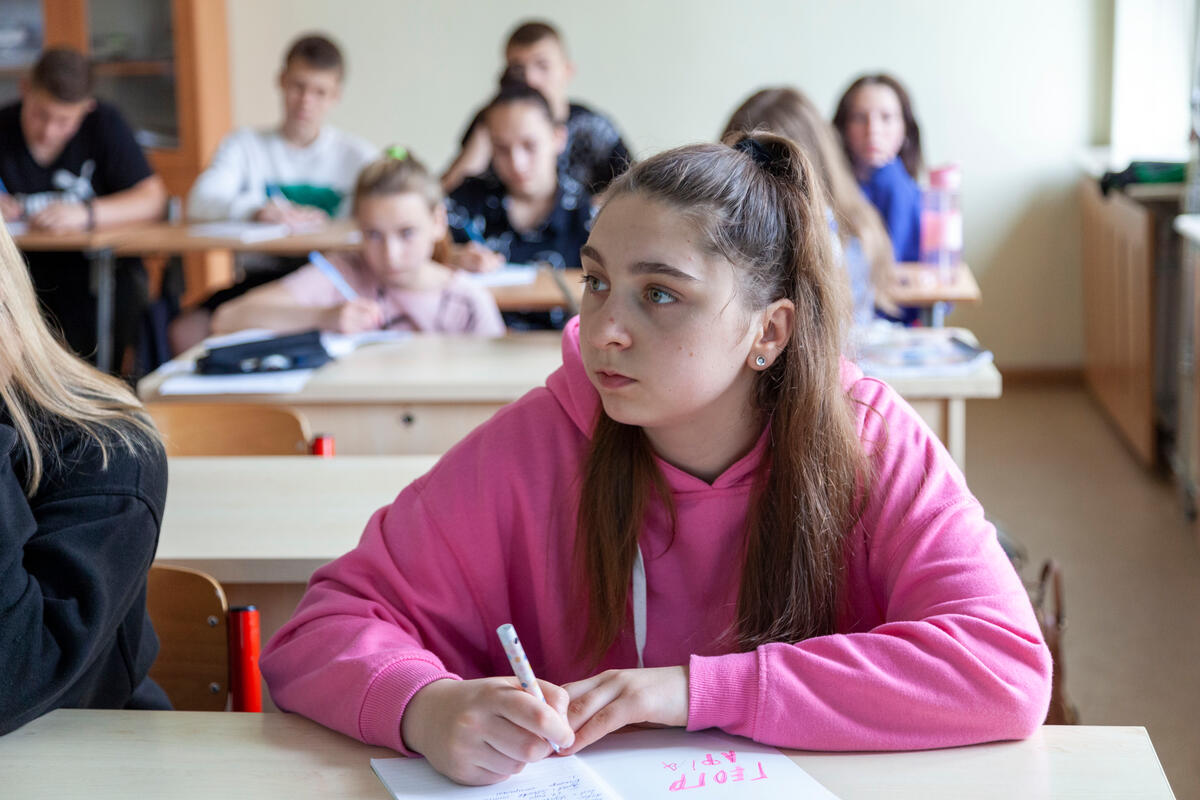German scholarship widens options for refugees in Russia
German scholarship widens options for refugees in Russia

MOSCOW, Russian Federation, December 30 (UNHCR) - When she first arrived in Russia from Iraq at the tender age of 12, she had nothing - no money, no friends, no way to communicate and no roof over her head. Eleven years later, Amal is studying to become a doctor, thanks to a scholarship funded by the German government.
She still shudders when she remembers the day her parents, brother, sister and herself found themselves completely lost in the snowy streets of St. Petersburg. But she has come a long way since then.
"Until the last moment I could not believe that I would be lucky to fulfil my dream and receive a university education here in Russia," said Amal, now 23 and living in Moscow with her family. "It was the DAFI programme that helped me."
DAFI is the Albert Einstein Academic Refugee Initiative that since 1992, has been funded by the Foreign Office of the Federal Republic of Germany and implemented in a number of host countries, among them Russia. The primary objective of this programme is to help deserving young refugees to pursue professional qualifications geared towards future employment and social integration in host countries or upon return to their home countries.
From 1994 to 2001, 170 young refugees in the Russian Federation and the Republic of Belarus benefited from the programme. Since 2002, it has run only in Russia, helping 185 students and post-graduate students to graduate from universities and colleges in Moscow, St. Petersburg and other regions of Russia.
In 2008, the DAFI programme is benefiting 26 scholars in the educational institutions of Moscow, St. Petersburg, Ivanovo, Belgorod, Volgograd, Kalyazin and Makhachkala. The majority of scholars come from Afghanistan and African countries, with smaller numbers from the Middle East and Asia.
Support is provided through either monthly scholarships or payment of tuition fees through contracts with educational institutions. The support may also include partial remuneration of transportation costs or lump-sum payments to last-year students to formalize their graduation papers.
The scholar selection process prioritizes talented candidates who intend to pursue education in applied sciences, such as computer technologies, education, medicine, pharmacology, engineering, construction, agriculture, chemical technologies, and communications.
Some scholars have more than one specialty. Lemma was two when she and her entire family came from Afghanistan to Moscow. All family members - parents, a sister and two brothers - have refugee status in Russia. Now 21, she works as a nurse in the outpatient clinic of Magee WomanCare International, UNHCR's partner organization that provides medical services to refugees and asylum-seekers.
"I received my education as a medical nurse through the DAFI scholarship and now work in my specialty," said Lemma. "However, I continue with my studies, this time by correspondence as a law student. I need legal knowledge, as I help translate when courts consider appeals from my compatriots to refusals from migration services about granting asylum."
In addition to providing scholarships, the DAFI project in Russia is also a youth club for refugee children. Scholars, graduates and prospective candidates from among senior pupils traditionally meet several times a year. Trainings in professional and social integration are conducted to provide support in future job placement.
All scholars are members of the DAFI international Internet club that has its own website, "Education for Refugees" (www.refed.org). The site allows them to share stories about themselves, their friends, academic progress and problems encountered. They may also find friends in other countries and acquire other useful information.
By Vera Soboleva in Moscow, Russian Federation








